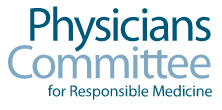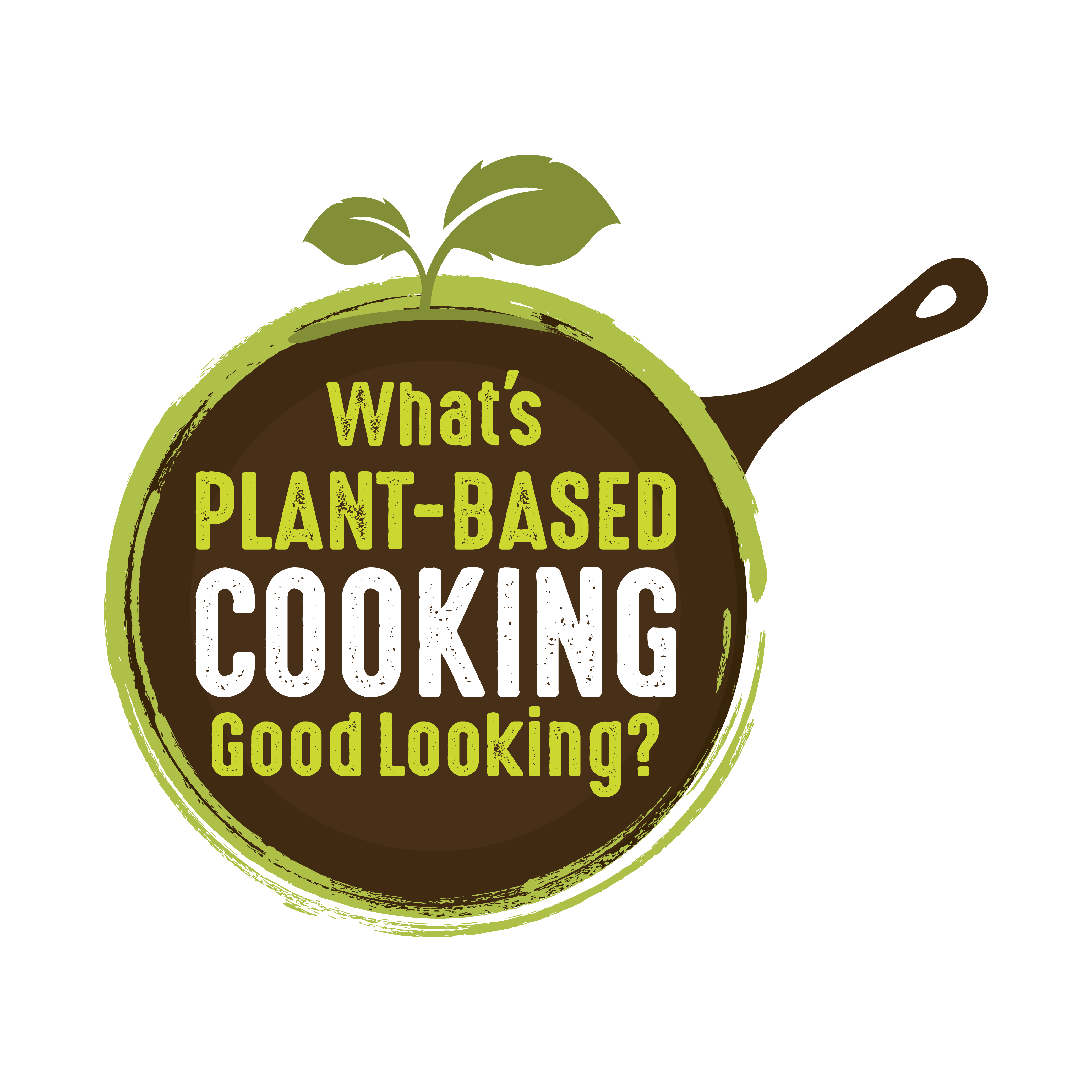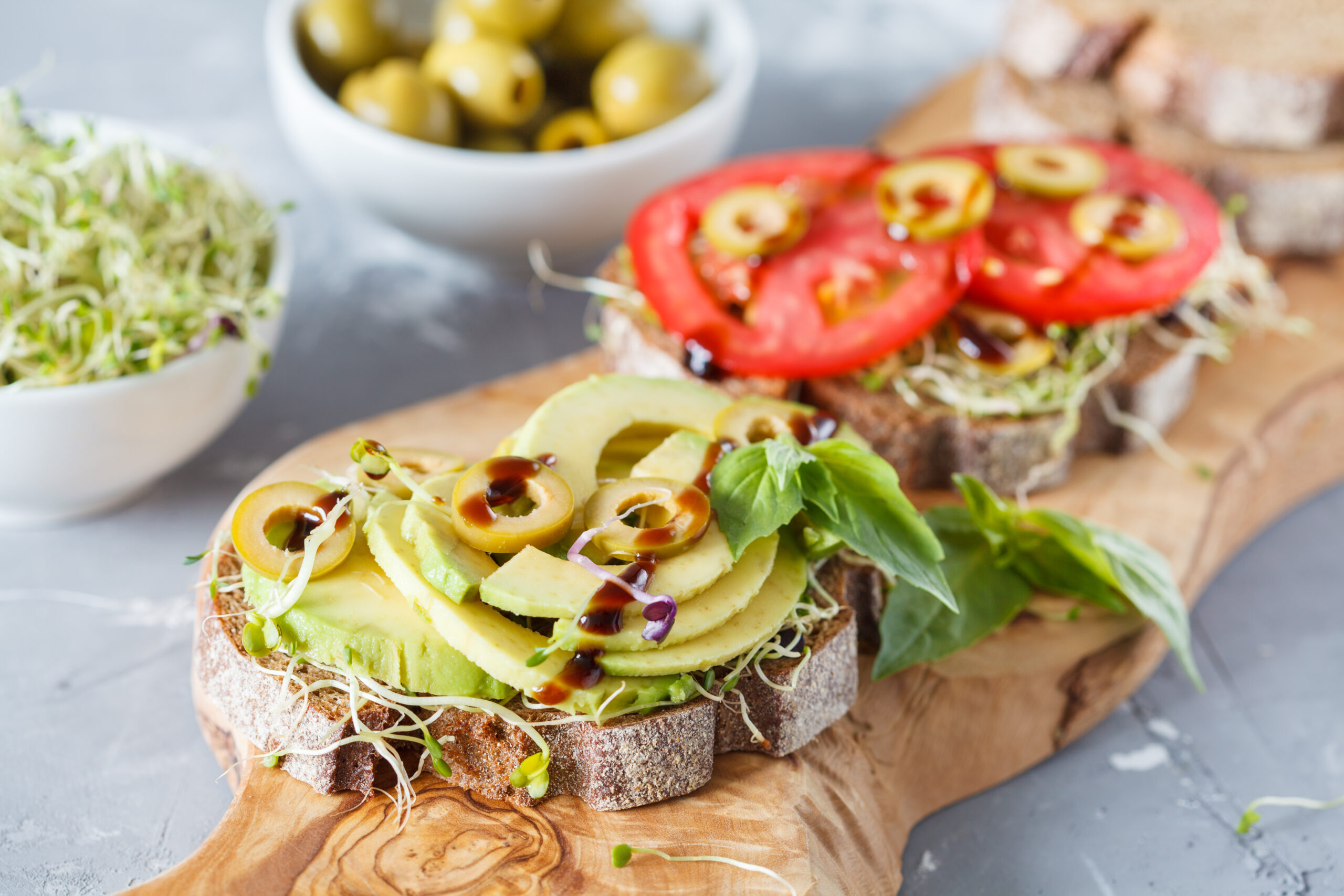“I need to make sure I’m eating low-carb.”
I hear this a lot. It’s a big topic. And understandably so! We’ve been indoctrinated to eat lean animal protein with a salad or vegetables for “optimal health” and weight loss.
Up until recently, this is what I believed too.
I got used to eating the high protein way, but I also missed eating carbohydrates. (And when I did eat carbs, I overdid it.) Then I studied plant-based nutrition though Cornell and learned that when we eat a proper whole foods plant-based (WFPB) diet, we are supposed to eat carbs. In fact, the majority of our nutritional intake should be carbs.
Here’s the catch. If they are refined or processes carbs- like white rice, white bread (or wheat bread or pasta that isn’t whole grain), chips, pretzels, then no, they are not good for you. These foods are high on the glycemic index and turn right into blood sugar. These are the “bad for you” carbs.
However, when you eat whole grains, brown rice, quinoa, potatoes, sweet potatoes along with legumes, greens and fruits, then you are eating protein, fiber and complex carbohydrates.* This way of eating offers all the nutrients your body needs and satisfies your hunger. Foods are absorbed properly, and you aren’t experiencing blood sugar spikes. These are the “good for you” carbs.
In The China Study, the healthiest participants all ate a high carbohydrate diet that included vegetables and legumes. And despite consuming more calories than western diet participants, they were trimmer. It’s all about the quality of the food.
In addition to this study, I have learned of, and personally witnessed, countless people who have lost weight by switching to a WFPB lifestyle.
 🌿 The Physicians Committee for Responsible Medicine has documented people with diabetes losing weight and reversing or improving their diabetes with a WFPB diet.
🌿 The Physicians Committee for Responsible Medicine has documented people with diabetes losing weight and reversing or improving their diabetes with a WFPB diet.
🌿 Caldwell Esselstyn, of the Cleveland Clinic has documented numerous people with heart disease who have switched to a WFPB diet, gotten healthy, dropped weight and reversed their heart disease.
🌿 A childhood friend of mine, Naomi, is a breast cancer survivor and now eats a clean, WFPB diet and is trimmer and healthier than ever. Naomi also has an established coaching practice for people interested in a WFPB lifestyle to improve health and lose weight. I’m happy to introduce you if you are interested.
And I have personally experienced it. When I am eating clean foods (no or minimal oil, no sugars, whole foods), I drop a couple of pounds too. When I’m not paying attention to my food intake and eat more processed foods, I gain a couple of pounds.
One of the big diet buzzwords these days is keto which is a high fat, low-carb diet. According to Harvard Health “It’s advertised as a weight-loss wonder but this eating plan is actually a medical diet that comes with serious risks.” This is just one article that explains a little about why it’s just not healthy.
The same risks come with the Atkins and Paleo diets which are just modifications of the keto diet.
These diets are the polar opposite of a WFPB diet which is rich in antioxidants, fiber, nutrients and yes, protein! I eat whole grain wraps, breads, bean spreads (like hummus), nuts and nut butters, brown rice, leafy salads, tofu, edamame, beans, quinoa, veggies, oats, fruit, and so much more. I’m constantly finding new delicious recipes that are easy and yummy.
If we were having this conversation even five years ago, I wouldn’t have been so enthusiastic. But the vegan world has come so far that you can choose plant-based foods and feel satisfied. I enjoy Asian, Italian, Mexican, Middle Eastern-inspired foods and more. And when you focus on whole foods, according to years of research, you are preventing and possibly reversing diseases, all by making a conscious choice.
Always consult your doctor if you have concerns. If you have questions about starting a WFPB diet, please ask me. I also have a great plant-based nutritionist who can help you sort out your food needs as well.
We already have a few WFPB recipes in our group with more on the way. So go ahead and eat your whole food plant-based carbs!
*If you missed last week’s post about where vegans get their protein, you can find it here. Included in that post are resources for protein sources as well.

